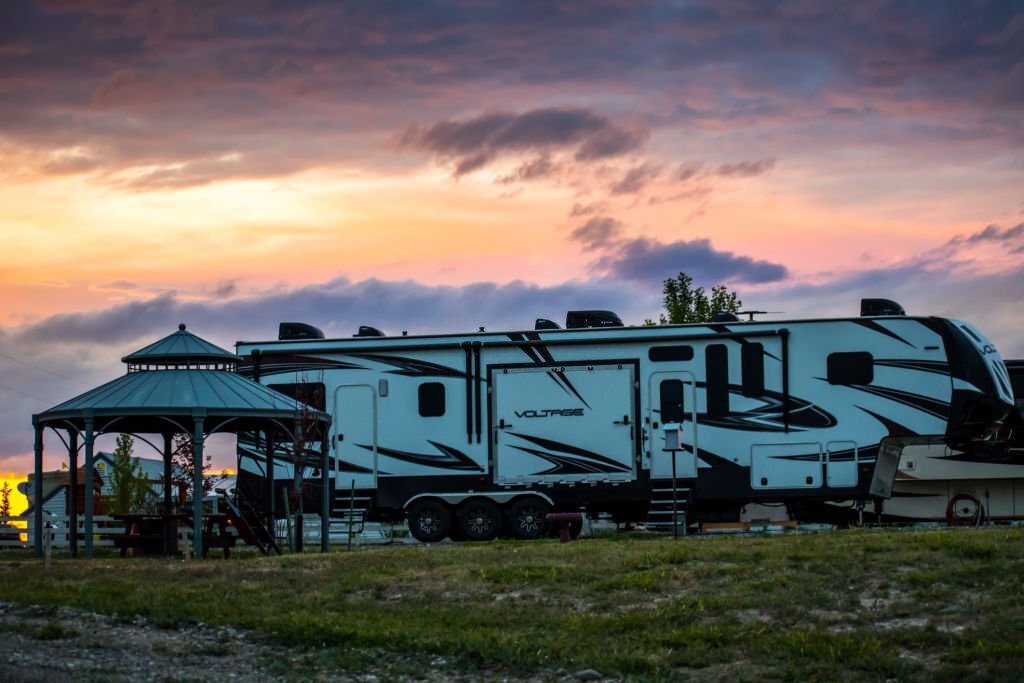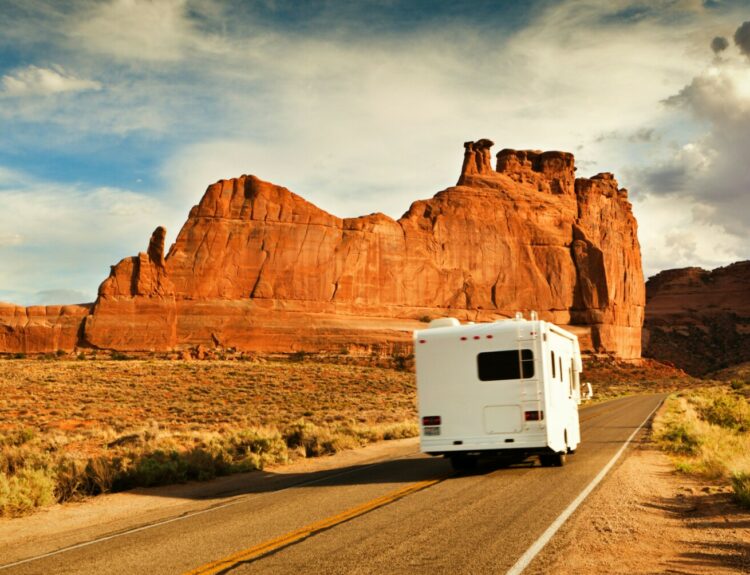Much more than just a trend, the RV park business in North America is a highly-dynamic, growing industry that presents a lucrative opportunity for entrepreneurs. With millions of RV enthusiasts hitting the road every year, owning and operating an RV park can be both profitable and rewarding, especially if you have a passion for the RV lifestyle and serving your guests.
Yet, as with any business, success requires a thorough understanding of both the income generated and the expenses incurred. For RV park entrepreneurs, grasping the complexities of RV park income and expenses is not merely about watching the bottom line; it’s about crafting strategies that maximize profits and minimize costs.
Here, we will explore the different sources of revenue, the main categories of expenses, and how to analyze and improve your profitability. Whether you’re a seasoned RV park owner or just getting started, this article will equip you with the insights you need to grow your business and thrive.
RV Park Income Sources
The RV park business offers diverse income streams that extend beyond mere rent collection. To make the most of your RV park investment, understanding the different avenues of income is crucial. Let’s take a closer look at the RV park income opportunities.
Site Fees
This is the basic income that you get from renting out your sites to RVers. The amount of site fees depends on several factors, such as the type and size of the site (pull-through, back-in, full hook-up, etc.), the amenities and services included, the location and view of the site, and the demand and supply of the market.
Implementing a dynamic pricing strategy can help you get the most out of each of your sites at every moment.
Ancillary Services and Memberships
With travelers becoming increasingly experienced and demanding, offering additional services such as Wi-Fi, laundry, vending machines, ice, and campground stores can help you enhance guests’ experience and boost your revenue at the same time.
Creating package deals or memberships can provide an incentive for guests to utilize these services. These can include things like discounts, rewards points, free nights, etc. Memberships can encourage repeat customers and increase customer loyalty and satisfaction.
Events and Partnerships
Hosting events, workshops, or partnering with local businesses for exclusive offers can not only enrich the guest experience but create additional income streams. Events can not only bring more traffic and exposure to your park but also help you create a sense of community among your guests.
You can charge a fee for attending or participating in these events or get a commission from vendors or sponsors. Collaboration with travel agencies or outdoor equipment retailers can also help in reaching a broader audience.
Understanding the variety of income streams and their nuances helps RV park entrepreneurs to innovate and adapt. Seasonal trends, regional demands, and customer preferences play vital roles in shaping the income structure.
By embracing a multifaceted approach to RV park income, you can tap into the diverse needs and wants of your guests, maximizing profits and setting your RV park apart from the competition. Make sure you tailor services and create unique offerings to resonate with different segments of the RV community.
RV Park Expense Categories
Running an RV park involves not only collecting income but also managing expenses. Understanding the intricacies of rv park expenses is key to maintaining a healthy bottom line and ensuring long-term success.
There are many types of expenses that you have to pay as an RV park owner or entrepreneur. Let’s see the main categories of expenses for RV parks:
Fixed Expenses
- Land Payments: Whether it’s a mortgage or lease, land payments are usually the largest fixed expense. These costs can vary widely depending on location and size.
- Property Taxes: Taxes are based on the assessed value of the property and can change annually.
- Insurance: Liability and property insurance are essential to protect your investment. Costs will differ based on coverage needs.
Variable Expenses
- Utilities: The monthly cost of providing utilities such as electricity, water, sewer, and gas to your park and guests. The amount of utilities depends on several factors such as the number and type of sites, the usage and consumption of each site, the rates and fees charged by utility providers, and the efficiency and maintenance of your systems.
- Maintenance: Regular upkeep of facilities, roads, and landscaping ensures the park remains appealing to guests. The amount of maintenance needed will depend on the size, age, and quality of your park, the weather and climate conditions, and the wear and tear caused by guests.
- Marketing & Advertising: Investing in marketing is crucial to attracting guests. This includes digital marketing, website building, social media campaigns, print advertising, and more. Allocating funds strategically can maximize reach and engagement, bringing more guests to your park. Collaborations and special offers can be part of a diverse marketing strategy.
- Staff Salaries and Management Expenses: Managing staff salaries and having skilled management in place is crucial for smooth operations. Management expenses may include training, software, and systems that ensure efficiency, and compensation for management personnel.
Improving your marketing and management strategies is key to minimizing your expenses and maximizing revenue.
RoverPass Premium Website Builder is a solution designed to help RV parks enhance their marketing strategy by building a stronger online presence. Our team of expert writers, designers, and developers is trained and experienced in creating stunning and professional websites, customized according to the needs and the personality of each park.
A premium website will allow you to boost your management capacities as well. By integrating your website with our campground reservation software, you can manage your availability, rates, and reservations with ease and convenience. You can also accept online payments, send automated confirmations and reminders, and sync your calendar with other platforms.
Unexpected Costs
- Emergency Repairs: Breakdowns and weather-related damages can occur unexpectedly and need to be factored into the budget.
- Regulatory Compliance: New regulations or changes to existing laws may require unexpected expenditures.
Careful planning and continuous monitoring of RV park expenses allow for proactive management and enable entrepreneurs to adapt to changing circumstances. By comprehending the different types of expenses, you can create a realistic budget, prioritize spending, and maximize profitability in your RV park business.
Improving RV Park Income and Expenses Management
In the dynamic world of RV park management, embracing technology can be a game-changer. Digital products can help you streamline operations, provide real-time insights into income and expenses, automate tasks, and improve your online presence.
By integrating modern technology into your management practices, you’ll set the stage for enhanced control and growth, positioning your RV park business ahead of the curve.
Learn more about the RV park industry by reading more of our blog articles!







